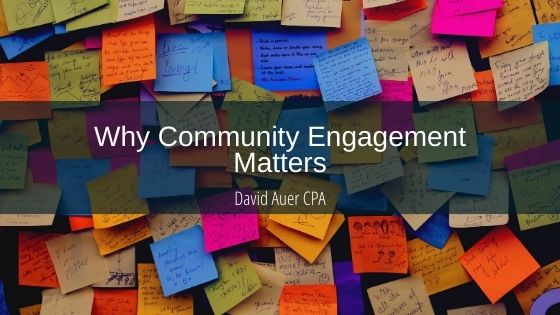Running an organization can be tough. With sometimes hundreds of people with different personalities and backgrounds expected to follow strict procedures, being the head of these organizations can be exhausting and, sometimes, seemingly impossible to manage. Because of all of that responsibility, it’s no wonder that some people see the “community engagement” part of their jobs as a box they need to check off and nothing more—a mistake that can come back to bite if you’re not careful.
Contrary to what some may believe, community engagement is actually an essential part of making sure procedures and day-to-day activities run smoothly. There are several reasons as to why community engagement matters, including (but not limited to):
Trust
For a project to succeed, your community needs to trust you and your expertise. The gap between a well-informed and a poorly-informed community is made based on the amount of trust a community has in its public organizations, especially in developed nations like the United States and Canada. Likewise, peer-to-peer influence is trusted far more than information passed down from the top of an organization, so it’s in everyone’s best interest to form a trusting bond among community members and their leaders. By participating in community engagement, you’ll have a better chance of building trust with those around you.
Decisions
If you engage with people, they’ll be more likely to trust in the decisions you make as opposed to simply expecting them to trust without merit. This goes both ways—while you’ll know things that your community members don’t, consider that your community members know information that you never would if you didn’t stop to talk with them. They’ll have ideas that you possibly couldn’t dream of, know about concerns that might never reach the top, understand the history behind certain parts of the community or organization that you might not, and so on. It’s not only in your best interest to engage, but in the organization’s best interest so that you come up with the best possible decisions.
Acceptance
Community engagement will also facilitate the ability to reach a consensus about certain decisions. Your recommendations to solve an issue might make sense to some, but others will likely not approve—that’s how the world works. By basing your decisions on community engagement rather than a “because I said so” attitude, they’ll be more likely to accept the decision you come to as opposed to not doing so. It shows them that you take their thoughts and points of view into account when making a decision, which leads to a happier group overall.

